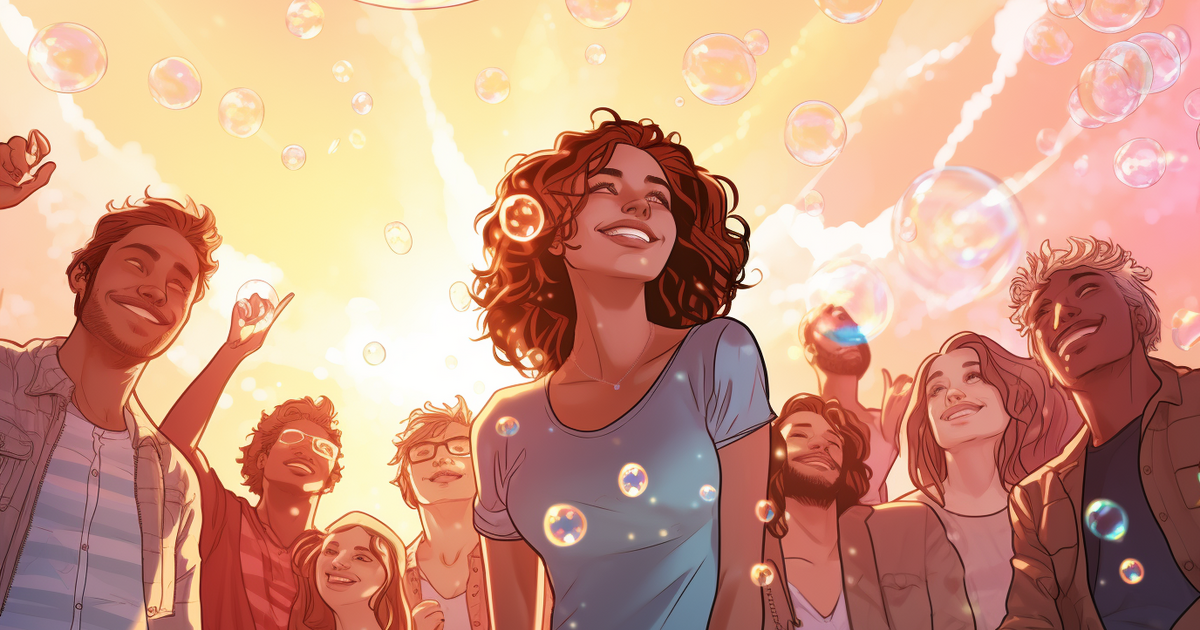"Anyone at an AI company who stops to think for half a second should be able to recognize they have a vampiric relationship with the commons. While they rely on these repositories for their sustenance, their adversarial and disrespectful relationships with creators reduce the incentives for anyone to make their work publicly available going forward (freely licensed or otherwise). They drain resources from maintainers of those common repositories often without any compensation. They reduce the visibility of the original sources, leaving people unaware that they can or should contribute towards maintaining such valuable projects. AI companies should want a thriving open access ecosystem, ensuring that the models they trained on Wikipedia in 2020 can be continually expanded and updated. Even if AI companies don’t care about the benefit to the common good, it shouldn’t be hard for them to understand that by bleeding these projects dry, they are destroying their own food supply.
And yet many AI companies seem to give very little thought to this, seemingly looking only at the months in front of them rather than operating on years-long timescales. (Though perhaps anyone who has observed AI companies’ activities more generally will be unsurprised to see that they do not act as though they believe their businesses will be sustainable on the order of years.)
It would be very wise for these companies to immediately begin prioritizing the ongoing health of the commons, so that they do not wind up strangling their golden goose. It would also be very wise for the rest of us to not rely on AI companies to suddenly, miraculously come to their senses or develop a conscience en masse.
Instead, we must ensure that mechanisms are in place to force AI companies to engage with these repositories on their creators' terms."
https://www.citationneeded.news/free-and-open-access-in-the-age-of-generative-ai/




